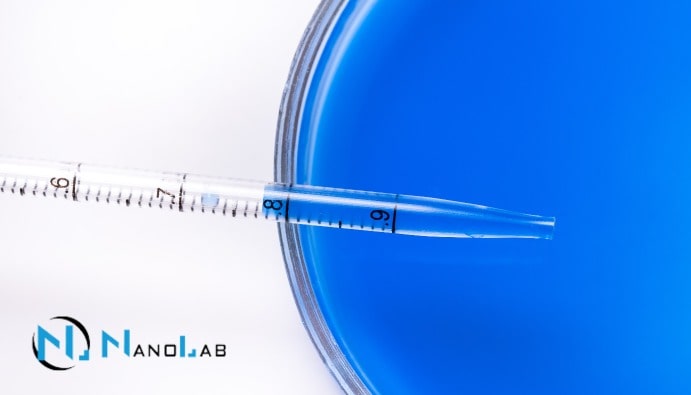
BLOG
KATEGORİDEKİ DİĞER YAZILAR

Determination of ammonium in water is an analysis method to evaluate the quality of water and to detect contamination. Ammonium is a compound that usually enters water as a result of bacterial degradation of organic matter. Ammonium levels in the water supply directly affect water quality, health safety and environmental impacts. Ammonium in water can occur in both surface and groundwater and is usually caused by agriculture, industrial wastes and sewage. Therefore, determination of ammonium in water is an important part of water quality monitoring systems.
Determination of ammonium in water is performed to identify and control potential sources of water contamination. Ammonium concentrations can be harmful to aquatic ecosystems; high levels can lead to harm to aquatic organisms, overgrowth of algae and thus degradation of aquatic ecosystems. Furthermore, the presence of ammonium in drinking water can pose a risk to human health. Therefore, it is essential to regularly analyze water and keep ammonium levels under control.
Determination of ammonium in water can be done in various forms of water:
Periodic inspection of these water sources is important to assess their contamination status and potential hazards.
Regulations and standards for the determination of ammonium in water regulate water quality monitoring and ensure that these analyses are performed in accordance with internationally accepted methods. In Turkey, water quality management is subject to official regulations such as the Water Pollution Control Regulation and the Drinking Water Regulation. These regulations set acceptable limits for ammonium levels in water, which directly affect water quality class and health safety. International standards include guidelines for water analysis methods from organizations such as EPA (Environmental Protection Agency) and ISO (International Organization for Standardization).
Nanolab Laboratories Group continues to provide services within the scope of Ammonium Determination in Water. We also provide services in Wastewater Analysis.
Contact us for more information.
You can follow us on LinkedIn for up-to-date news and posts about our services.
Follow our Instagram account to be informed about our latest blog posts.